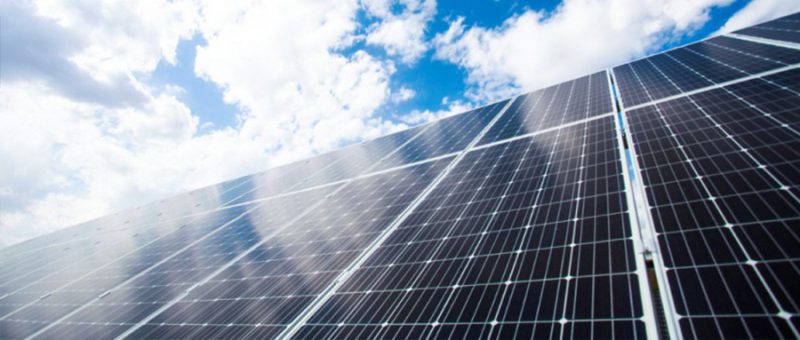PVTIME – A new joint report by the Institute for Energy Economics and Financial Analysis (IEEFA) and JMK Research reveals that India installed 4.9GW of residential rooftop solar capacity during the first half of 2025.

The rooftop solar surge is driven by India’s national-level Pradhan Mantri Suryodaya Yojana (PMSGY), launched in 2024. According to the report, the government has disbursed over ₹928 billion (approximately $1.05 billion) in subsidies under the scheme. Between March 2024 and July 2025, applications for household rooftop solar projects increased almost fourfold, reaching over 5.79 million.
However, not all applications result in actual projects. The report uses the conversion rate, the percentage of applications that lead to successful deployment, to determine the best performing states, with Gujarat and Kerala exceeding 65%. Several other states, including Assam, Delhi, Goa, Uttar Pradesh and Uttarakhand, offer direct capital subsidies to reduce the high upfront costs.
Under the PMSGY scheme, Gujarat is in the lead with 1,491MW of residential rooftop solar capacity, followed by Maharashtra, Uttar Pradesh, Kerala and Rajasthan. Together, these five states account for around 77.2% of the 4.9GW installed under the scheme.
However, challenges persist. As of July 2025, India had only reached 13.1% of its target of installing 10 million rooftop solar systems. Only 14.1% of the allocated ₹65.7 billion (approximately $750 million) in subsidies has been paid out. Nationally, the conversion rate for PMSGY applications is just 22.7%, highlighting the difficulty of turning demand into actual rooftop solar capacity.
Against this background, meeting India’s Rooftop Solar Programme target of 30GW of cumulative rooftop PV capacity by 2027 will be very challenging. The report notes that promotion efforts are hindered by low awareness of financing options, complicated loan procedures, technical problems with complaint systems, and a fragmented supply chain.
Aman Gupta from JMK Research suggests establishing a district-level escalation system under PMSGY to address subsidy delays, data errors, and portal issues. He also recommends standardised plug-and-play solar kits to resolve quality inconsistencies and speed up installations. The report emphasises that the success of the scheme will depend on streamlined digital processes, standardised products, and robust consumer support.

Scan the QR code to follow PVTIME official account on Wechat for latest news on PV+ES











